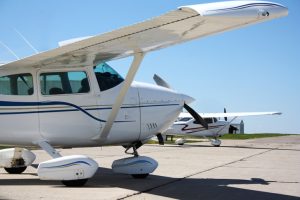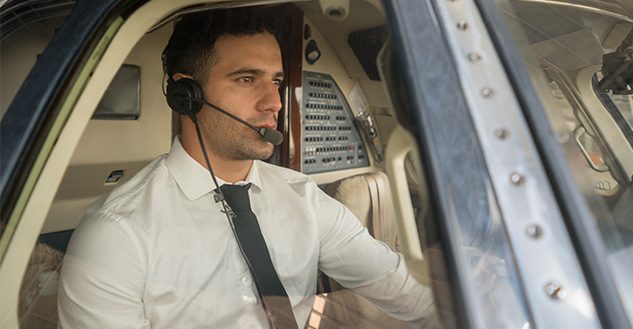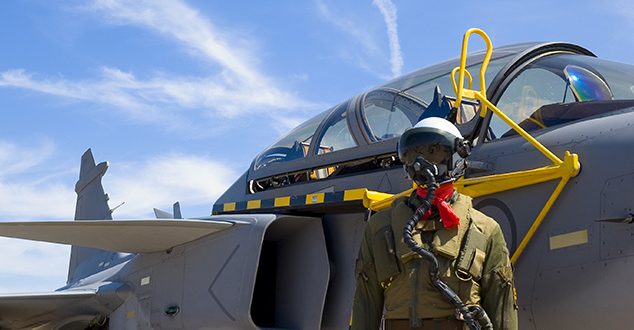How to Become a Career Pilot
Paragon Flight is the perfect answer to anyone questioning how to become a career pilot. We offer a wide range of flight training programs, including standard and custom courses for candidates who want to pursue aviation. The P3 Professional Pilot Program is particularly promising to ambitious and driven pilot hopefuls.
 Established in 2006, Paragon Flight operates under the authorization of FAA Federal Aviation Regulations (FAR) Parts 61 and 141. We have three stellar locations where students experience remarkable instruction in obstacle-free environments. We provide a staff of well-prepared and diversely experienced flight instructors, appropriate aircraft, a world-class curriculum, and processes that promote efficient and sufficient pilot training that surpasses student pilots’ expectations.
Established in 2006, Paragon Flight operates under the authorization of FAA Federal Aviation Regulations (FAR) Parts 61 and 141. We have three stellar locations where students experience remarkable instruction in obstacle-free environments. We provide a staff of well-prepared and diversely experienced flight instructors, appropriate aircraft, a world-class curriculum, and processes that promote efficient and sufficient pilot training that surpasses student pilots’ expectations.
Paragon Flight operates to help pilots prepare as safely and joyfully as possible. Our commitment to customer satisfaction has led to students returning to Paragon Flight throughout their aviation careers. If you’re interested in becoming a pilot with training here at Paragon Flight, contact our team to discuss the merits of the P3 program versus one designed around your schedule.
Introducing the P3 Professional Pilot Program
The P3 Professional Pilot Program is Paragon Flight’s answer to the needs of airlines nationwide that need to replace retiring pilots and pilot candidates who want to reach their goals without delay or padded expenses.
The three features that we base the program on include the following:
- Quality over quantity of training
- Help identifying, applying for, and securing financing
- Development of vital leadership skills.
Timeline of the P3 Program:
WEEKS 0-10 – PRIVATE PILOT LICENSE (PPL)
- The most critical phase of the program
- Preparation for pilots to fly single-engine aircraft in clear conditions
- Foundational development of best practices and good habits for pilots
WEEKS 11-18 – INSTRUMENT FLIGHT RATING (IFR)
- Preparation for pilots to fly in non-visual conditions
- Training to utilize the aircraft’s communication and navigation systems
WEEKS 19-30 – COMMERCIAL LICENSE, SINGLE ENGINE AND MULTI-ENGINE (CSEL/CMEL)
- Preparation to work professionally as the operator of a single-engine aircraft or multi-engine aircraft
WEEKS 31-38 – CERTIFIED FLIGHT INSTRUCTOR (CFI)
- Final phase of the program that prepares pilots to work professionally as a flight instructor
- Allows pilots to accrue flight hours while making a living.
Pre-Qualifications for P3 Participation:
- EDUCATION – high school graduate or GED equivalency (college preferred)
- AGE – 18 years old, minimum
- REFERENCES – one personal + one professional
- DRIVING RECORD – clear
- FAA RECORD – apparent (no incidents, accidents, or enforcement actions)
- CRIMINAL BACKGROUND CHECK – clean
- BEHAVIORAL AND COGNITIVE EVALUATION – passed
- FAA MEDICAL CERTIFICATE – first class
- LANGUAGE – fluent and literate English proficiency
- AVAILABILITY – full-time (4-5 flight lessons and 10-20 hours of ground training weekly)
- CHARACTER – high degree of morality, strong work ethic, and drive.
Financing Pilot Training
You must arrange payment once you’ve determined the way forward for your career training. If you’re like most of us, you don’t have stacks of cash sitting around waiting on flight training expenses. Fortunately, financial resources are abundant. Whether you qualify for traditional student loans and grants, grants, aviation scholarships, GI benefits, or personal funding sources, our team can guide you through the maze of options and help you secure appropriate financing.
Click here to learn more about how Paragon Flight can help you become a career pilot in a way that works for your learning style, schedule, and budget.




